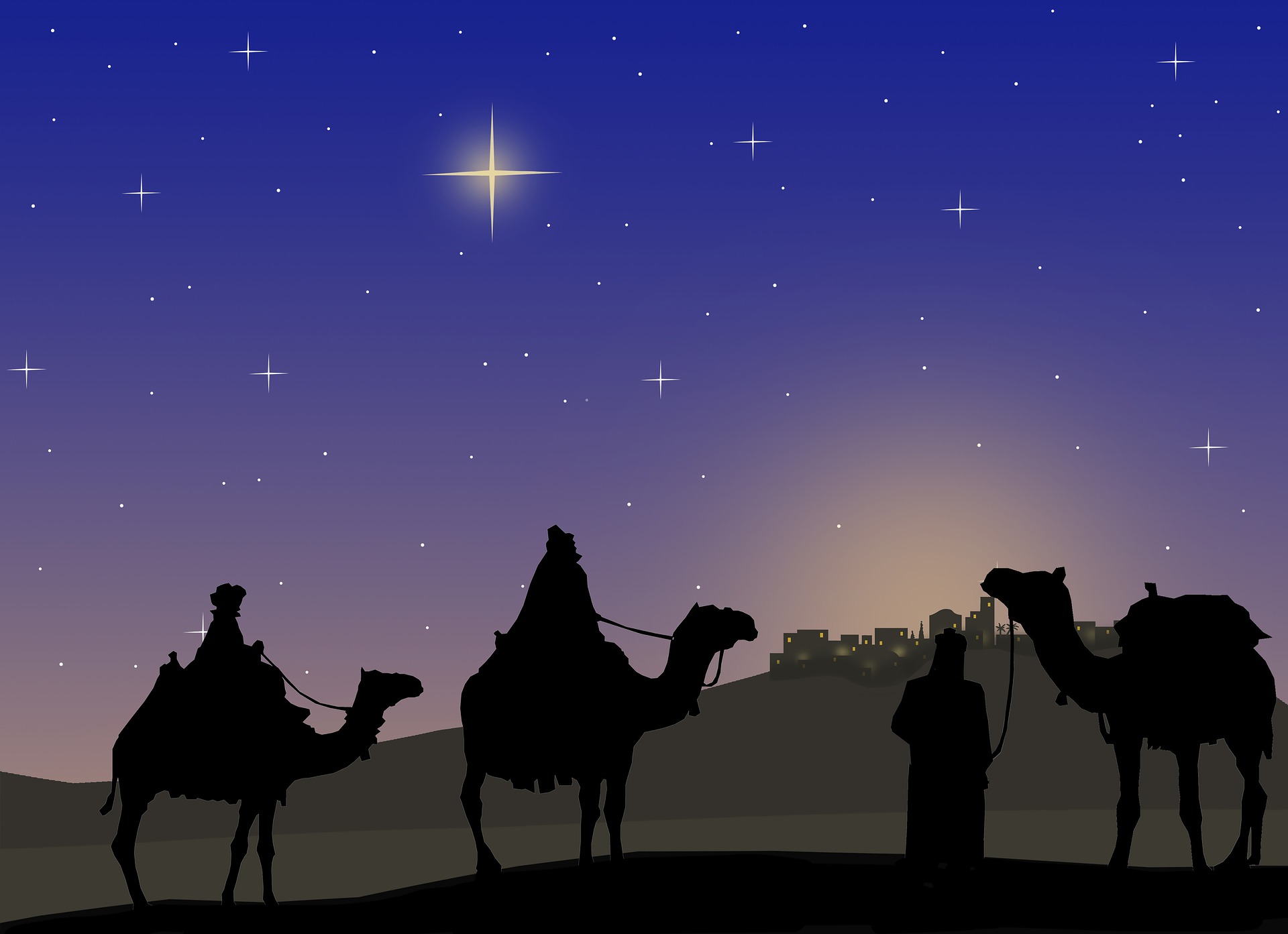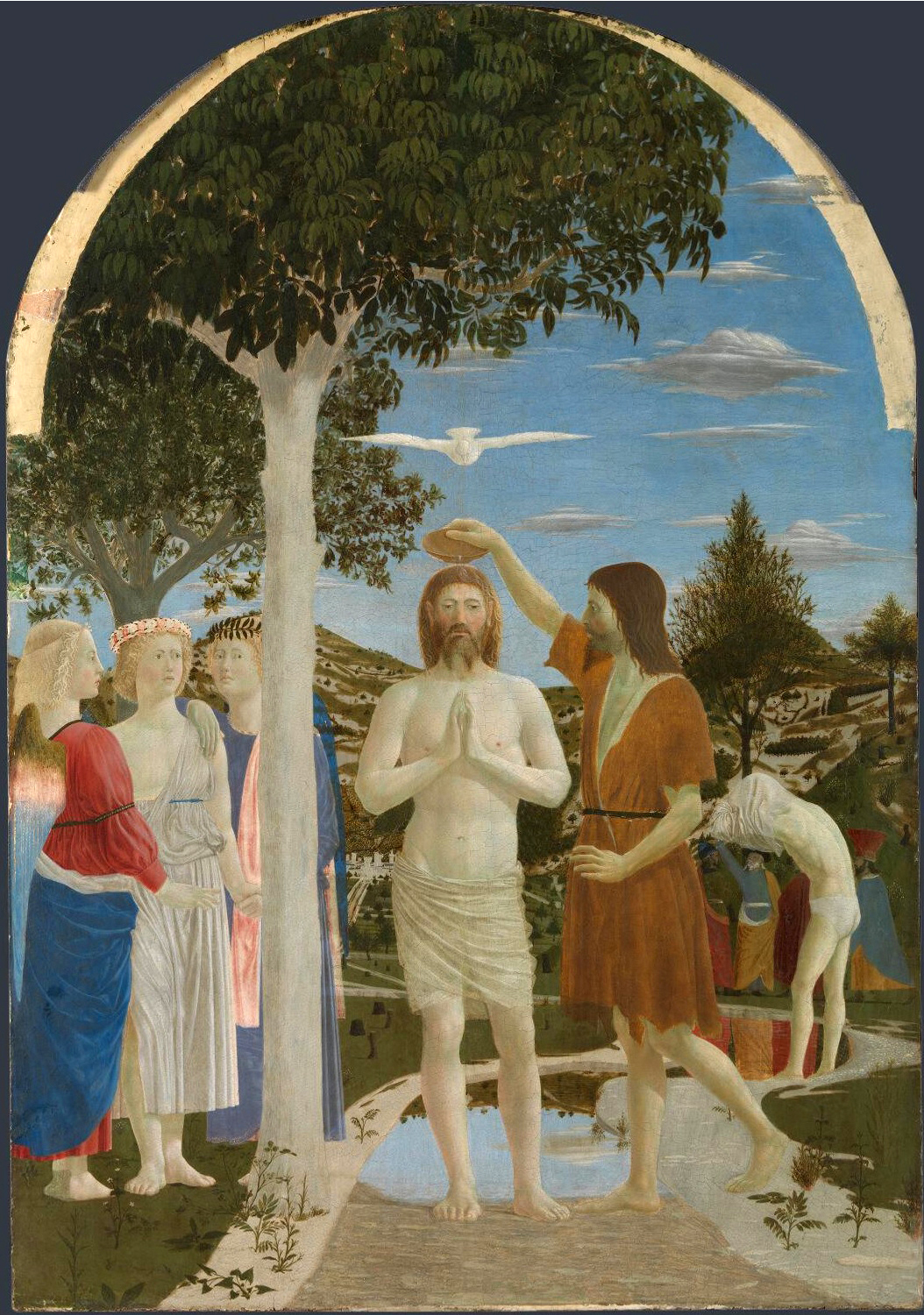What is Epiphany and what do Hungarians do today?

Change language:
Epiphany or as we call it in Hungary, vízkereszt is the 6th day of the new year and the second oldest Christian holy day after Christmas.
Epiphany comes from the Greek “epiphaneia” which means “appearance” or “to appear”. The word itself appears several times in both the Old and the New Testament whenever God makes an appearance or there is any kind of manifestation connected to him. In the liturgy, the Greek expression Epiphania Domini is used, which literally means the appearance of God or the appearance of our God.

The holiday itself connects the three moments of the appearance of Jesus Christ: the arrival of the wise men of the East, the baptism of Jesus in the River Jordan and his first miracle of turning water into wine at the Wedding at Cana.
The Hungarian word of vízkereszt, however, comes from the ritual of consecrating water.
All these origins differentiated a bit based on the region you live in. In the East, the baptism of Jesus Christ became important, as the consecration of water also refers to it. In the West, however, the arrival of the three wise men of the East gained importance, so much that the Roman Catholic Church only celebrates this part of the holiday on the 6th of January, since the Second Vatican Council. All the other aspects of Epiphany were moved to different days to be celebrated.
Epiphany is also the last day of the Christmas holidays, the semi-official day to dismantle the Christmas tree in Hungary, being the only tradition nowadays related to the 6th of January, which is then followed by the Carnival season.
In Hungary, the gospel of the Hungarian vízkereszt tells the story of Jesus Christ turning 30 and going to the River Jordan to be baptised by John the Baptist. That was the point in his life when he started to teach others and spread the holy message. We commemorate his baptism, so on this day waters are consecrated, baptised, mostly the rivers Jordan and Nile – writes borsonline.hu.






